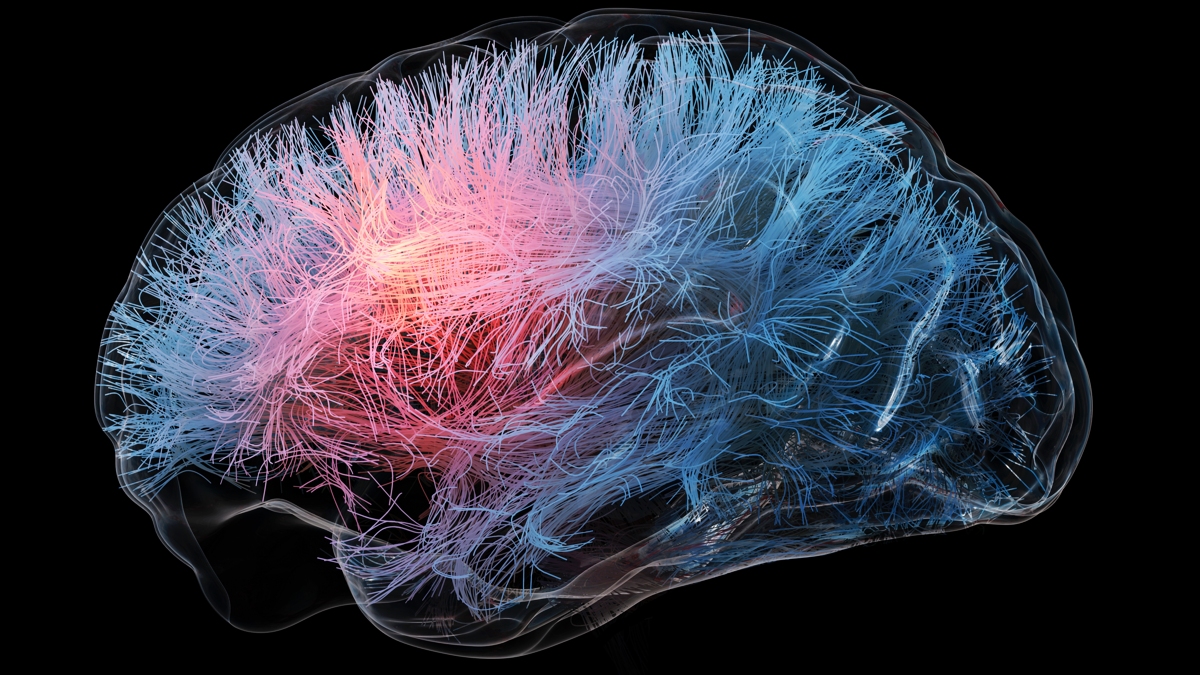
These Two Existing Drugs May Boost Brain Health, Scientists Say : ScienceAlert
A clinical trial testing a diabetes medication and an insulin nasal spray has found that both drugs, in combination and alone, safely tackle different aspects of mild cognitive decline that is often seen in early Alzheimer’s disease, without any harmful side effects.
We know Alzheimer’s disease and other forms of dementia are incredibly complex conditions, and multiple treatment approaches are likely needed to better manage them.
The two medications tested in this trial target several different biological processes: Empagliflozin, an existing diabetes drug, reduces inflammation, which has been linked to Alzheimer’s onset, among other things. The insulin nasal spray, which delivers insulin straight to the brain, has also been shown to keep brain cells healthy.
Carried out in the US, the trial shows some early signs of progress in maintaining brain health in those at risk of Alzheimer’s. It enrolled 47 older adults aged 55 to 85 years, 42 of whom completed treatment.
The participants had been diagnosed with mild cognitive impairment or mild dementia, or were cognitively fine but showed signs of molecular changes linked to Alzheimer’s disease.
They were given either empagliflozin alone, the insulin spray on its own, both medications together, or a placebo, for four weeks. The trial was too small to detect any statistically significant differences between the groups (its main aim was testing safety); however, some trends were observed.
Related: Alzheimer’s And Cancer May Soon Be Treated With Sounds We Can’t Hear
“For the first time, we found that empagliflozin, an established diabetes and heart medication, reduced markers of brain injury while restoring blood flow in critical brain regions,” says neuroscientist Suzanne Craft from the Wake Forest University School of Medicine in the US.
“We also confirmed that delivering insulin directly to the brain with a newly validated device enhances cognition, neurovascular health, and immune function.”
As a diabetes drug, empagliflozin improves the way the body handles glucose and sodium. This has a lot of further effects, including lower inflammation and stress on cells, better energy efficiency, and improved insulin sensitivity.
Here, the medication was shown to reduce the levels of the tau protein in cerebrospinal fluid, a protein that we know can form harmful clumps in Alzheimer’s brains. It also had benefits in terms of blood flow and cholesterol levels, and several other biomarkers linked to Alzheimer’s progression.
The insulin nasal spray was chosen because insulin resistance has previously been linked to Alzheimer’s, and previous research shows insulin’s effects on brain cells can help improve immune responses, white matter structure, and blood flow.
In this study, participants given the insulin spray saw better scores on cognitive tests measuring memory and thinking. Through brain scans, the researchers observed benefits in white matter connectivity and blood flow linked to memory.
The body’s metabolism, or the way it turns fuel into energy, is crucial to good health, and these treatments focus more on that, rather than some of the later, end-stage effects of Alzheimer’s we see in people with the disease.
“Our study suggests that targeting metabolism can change the course of Alzheimer’s disease,” says Craft. “Together, these findings highlight metabolism as a powerful new frontier in Alzheimer’s treatment.”
This was a relatively quick and small trial, done to build on previous research and run further safety tests.
While much further testing is needed to gauge how effective these drugs may be in mitigating Alzheimer’s disease, the results show an encouraging balance in boosting the way the immune system fights disease, while also lowering the risk of overactive immune responses leading to inflammation and damage.
“We plan to build on these promising results with larger, longer studies in people with early and preclinical Alzheimer’s disease,” says Craft.
“We believe these treatments could offer real therapeutic potential, either on their own or in combination with other Alzheimer’s therapies.”
The research has been published in Alzheimer’s & Dementia.
First Appeared on
Source link







